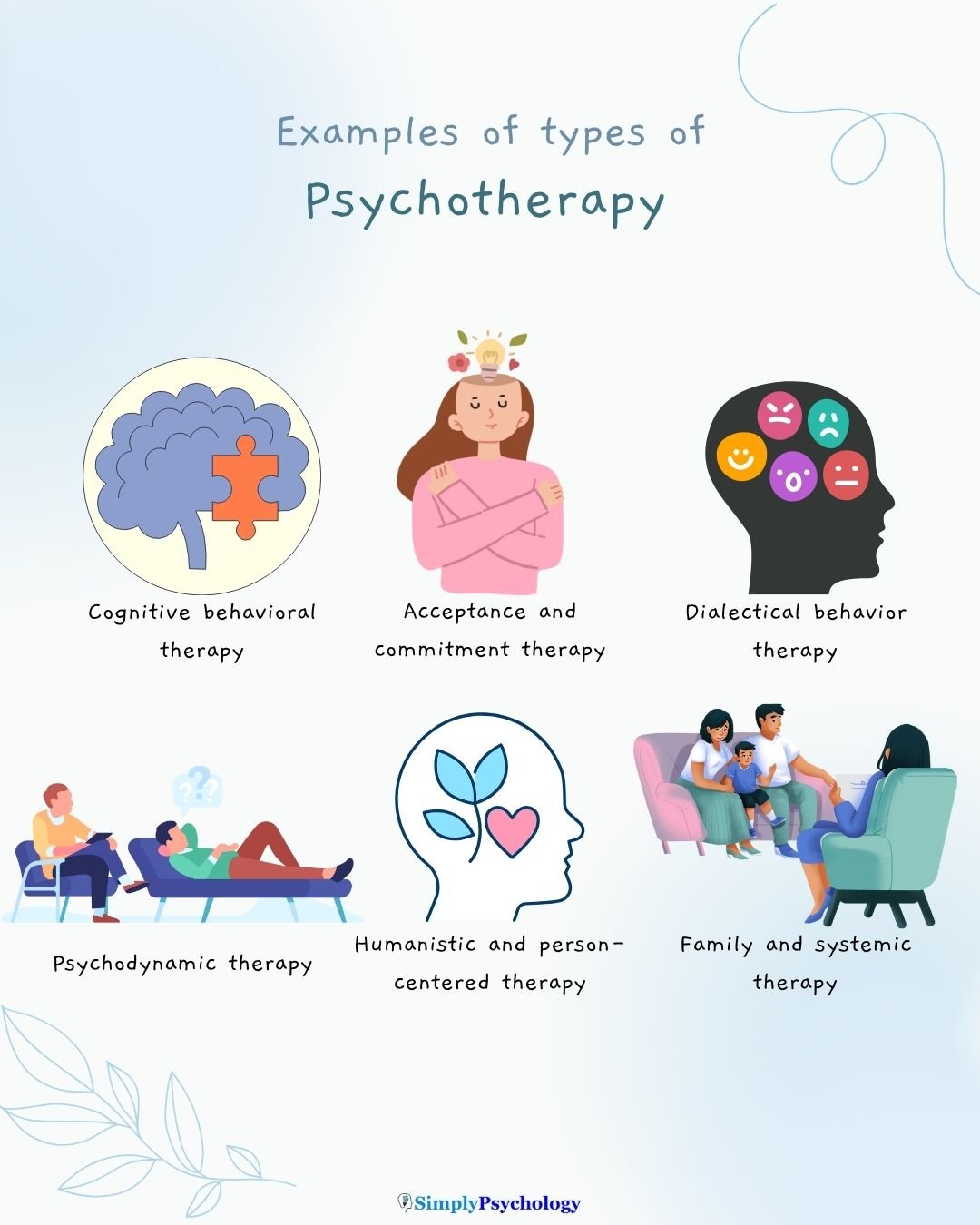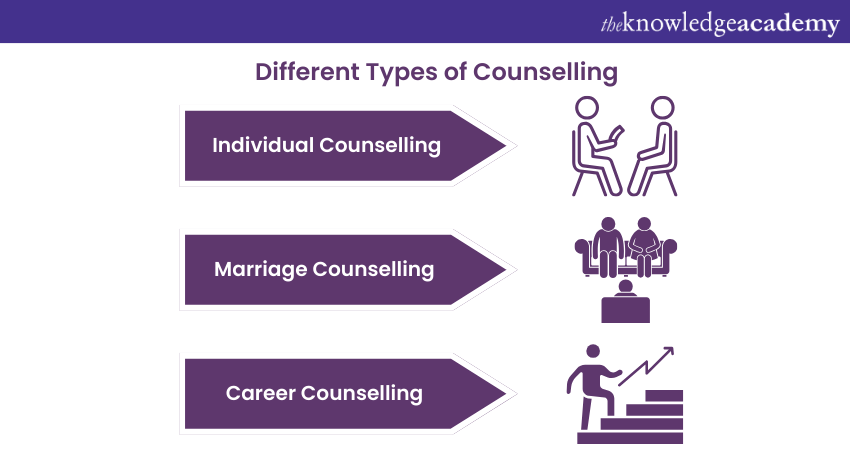couples counselling services: Breaking Down the Process
Wiki Article
Discovering the Benefits of Virtual Therapy in Modern Mental Healthcare
The surge of virtual therapy marks a significant shift in psychological healthcare. It offers improved access, allowing people from varied backgrounds to seek aid without geographical restraints. Flexibility in organizing accommodates varying way of livings, while the comfort of home can foster openness. The implications of these changes prolong beyond plain ease. The advancing landscape of therapy increases essential inquiries regarding its long-term effects on patient involvement and treatment end results.Improved Ease of access for All
Standard therapy typically presents barriers such as geographical area and scheduling conflicts, virtual therapy considerably enhances ease of access for individuals looking for psychological health and wellness support. By eliminating the requirement for physical traveling, virtual therapy allows customers from remote areas or those with flexibility challenges to get in touch with certified professionals. This setting of therapy can reach underserved populaces who might do not have local mental wellness resources, consequently addressing variations in access to care. In addition, virtual platforms can satisfy diverse needs, offering solutions in numerous languages and suiting various cultural backgrounds. Customers can engage with a wider series of specialists, offering them with alternatives that line up with their details requirements and preferences. This raised access cultivates a more inclusive setting, permitting individuals to look for help without the stigma frequently connected with in-person visits. Generally, virtual therapy represents a considerable advancement in making mental healthcare a lot more easily accessible to all.Versatility in Scheduling Sessions
As virtual therapy proceeds to obtain traction, its fundamental versatility in organizing sessions proves to be a considerable benefit for many individuals. Unlike traditional in-person therapy, virtual therapy enables customers to choose session times that best fit their individual and expert dedications. This flexibility fits those with requiring job schedules, family commitments, or other dedications that can make participating in physical consultations testing.
Clients can easily reschedule or adjust their sessions as required, minimizing the tension connected with inflexible appointment systems. The availability of different time ports throughout the week, including nights and weekend breaks, further enhances access. This adaptability not just motivates uniformity present however additionally fosters a greater dedication to the healing process. Ultimately, the versatility in organizing sessions represents a transformative change in mental wellness treatment, empowering individuals to prioritize their well-being without giving up other aspects of their lives.
Convenience of a Familiar Atmosphere
The comfort of a familiar environment significantly boosts the effectiveness of virtual therapy for several clients. Engaging in therapy from the safety of their own homes allows people to feel even more comfortable, reducing anxiousness that might accompany conventional in-person sessions. This experience can assist in open interaction, making it possible for customers to share their thoughts and sensations more easily.The presence of individual things and the capability to regulate their surroundings can add to a feeling of protection and leisure. Customers commonly report that being in a comfortable space allows them to focus a lot more on the therapeutic process instead of the establishing itself.
Additionally, the informal nature of virtual sessions can assist dissolve obstacles that might exist in a conventional workplace atmosphere, promoting a much deeper link with therapists. On the whole, the convenience of familiar surroundings plays a necessary function in enhancing the healing experience and effectiveness for several people seeking mental health and wellness support.
Larger Variety Of Restorative Choices
A broader variety of restorative options ends up being readily available via virtual therapy, allowing clients to access different methods that might not be practical in standard settings. This flexibility allows people to explore varied approaches such as cognitive-behavioral therapy, mindfulness methods, art therapy, and even specialized treatments like trauma-informed treatment or dialectical habits therapy.Clients can pick from a more comprehensive spectrum of therapists, consisting of those that specialize in specific niche areas or details populations, boosting the chance of discovering an appropriate suit. Virtual systems commonly provide access to group therapy sessions, support neighborhoods, and workshops that may be geographically inaccessible otherwise.
This variety empowers customers to engage in their recovery procedure according to their unique preferences and needs, potentially raising inspiration and dedication to therapy. Therefore, the landscape of psychological wellness treatment ends up being much more inclusive and adaptable, accommodating a larger range of specific experiences and challenges.
Decreased Preconception Bordering Therapy
Accessing therapy via virtual platforms contributes to a substantial decrease in the stigma generally connected with mental wellness care. By providing a very discreet and exclusive setting, virtual therapy permits individuals to seek assistance without the fear of being judged or recognized. This anonymity allures to those who may or else hesitate to go after in-person therapy as a result of societal understandings surrounding psychological health and wellness.As the frequency of virtual therapy boosts, it stabilizes the discussion around psychological health, making it a more acceptable part of everyday life. People typically really feel more comfy reviewing their experiences on the internet, promoting openness and minimizing sensations of seclusion. The accessibility of these services additionally encourages a more comprehensive demographic to involve with psychological health and wellness sources, cultivating a culture of assistance instead of shame. Eventually, the increase of virtual therapy plays an important function in improving mindsets towards looking for help, adding to a more approving society relating to psychological health and wellness obstacles.
Cost-Effectiveness and Price

Decreased Session Costs
Many individuals looking for psychological health assistance locate that virtual therapy considerably minimizes session prices contrasted to traditional in-person alternatives. The elimination of traveling expenditures and time off work often adds to total savings. In addition, lots of virtual therapists supply competitive rates due to lower above expenses associated with preserving a physical workplace. This shift in expense permits clients to gain access to quality psychological wellness solutions without the economic stress that might include traditional therapy. For numerous, this affordability enables more constant sessions, which can improve therapy outcomes. Therefore, virtual therapy not only democratizes accessibility to mental wellness treatment yet also offers a lasting financial design that lines up with customers' budget plans, making psychological health and wellness assistance more possible for a bigger target market.Increased Access Alternatives
While conventional therapy often provides logistical obstacles, virtual therapy significantly broadens gain access to options for people looking for mental healthcare. By eliminating the requirement for traveling and permitting flexible scheduling, virtual therapy accommodates diverse way of lives and dedications. This availability is particularly advantageous for those in remote areas or with flexibility challenges. In addition, the cost-effectiveness of virtual therapy decreases monetary strain, making mental health and wellness solutions much more obtainable. Many systems supply tiered rates or moving range fees, promoting cost. Insurer increasingly recognize virtual therapy, more enhancing its economic ease of access. Overall, virtual therapy not only broadens the extent of that can get treatment however additionally addresses economic barriers, making psychological health support more inclusive and achievable for all.Improved Connection of Treatment
Improved continuity of care emerges as a considerable advantage of virtual therapy in modern mental healthcare. This technique permits individuals to keep consistent interaction with their therapists, no matter of geographical barriers or organizing problems. adhd counselling. The adaptability of virtual sessions promotes regular check-ins, which are essential for monitoring progress and adjusting therapy plans as requiredIn addition, electronic health and wellness documents and telehealth systems facilitate smooth information sharing among care companies. This interconnectedness ensures that all specialists included in an individual's care are upgraded on therapy growths, causing even more coordinated and efficient treatments.
Individuals frequently experience decreased stress and anxiety and boosted involvement due to the convenience of accessing therapy from familiar atmospheres. Such ease of access enhances adherence to therapy programs, eventually enhancing outcomes - couples counselling. To sum up, virtual therapy not just bridges voids in psychological health solutions but additionally strengthens the connection of care, a vital element of successful therapeutic relationships
Regularly Asked Questions
How Does Virtual Therapy Ensure Confidentiality and Privacy for Customers?
The present question addresses the measures virtual therapy uses to secure customer privacy. Making use of encrypted systems, protected logins, and compliance with laws like HIPAA, virtual therapy guarantees that sensitive info stays private and inaccessible to unauthorized individuals.Can I Switch Over Therapists Easily in Virtual Therapy?
Changing therapists in virtual therapy is usually straightforward. Clients can communicate their wish for a modification with the system, permitting versatility in discovering a much better suit without the logistical obstacles of in-person visits.What Innovation Do I Need for Virtual Therapy Sessions?
To take part in virtual therapy sessions, an individual usually needs a reliable internet link, a computer system or mobile phone with a cam and microphone, and access to a safe and secure video conferencing system specified by their specialist.
Are Virtual Therapy Procedure as Effective as In-Person Sessions?
Current researches show that virtual therapy sessions can be equally reliable as in-person sessions, relying on the individual's preferences and situations. Factors such as convenience and availability may improve the total healing experience for some clients.What Should I Do if I Experience Technical Issues Throughout a Session?
If technological issues occur throughout a session, one should comfortably connect the problem to the specialist, attempt to reconnect, or button to virtual therapy a backup approach. Persistence and flexibility are crucial in handling these disturbances.Report this wiki page